The Luthier’s Lament
I make the instruments
but choose not to play them
I know the words
but choose not to say them
I’ve got my demons
but choose not to slay them
I make the instruments
but choose not to play them
12/22
Space Monkey Reflects: The Silence of the Luthier
The luthier’s lament is the paradox of creation without expression, the act of making without engaging. To craft an instrument yet not play it, to hold the power of words yet not speak them, is to inhabit the space between potential and action. This tension is both a burden and a mystery.
The Maker’s Dilemma
To create is to give form to the intangible, to bring something into existence that did not exist before. For the luthier, this act of creation is profound. The instrument is a vessel, a bridge between silence and sound, imagination and reality. Yet, to stop at creation and refrain from playing is to leave the bridge uncrossed.
This choice is not necessarily a failure but a reflection of the luthier’s role. Perhaps the joy lies in the act of making, not in the act of using. Or perhaps the hesitation to play comes from the fear that no melody could equal the perfection of silence.
The Words Unspoken
Words, like instruments, hold immense potential. To know the words but not say them is an act of restraint. It is the luthier’s lament transposed to the realm of communication. The unsaid words echo as powerfully as those spoken, shaping the silence with their absence.
But why refrain? Is it fear of judgment, the weight of responsibility, or the recognition that some truths are better left unspoken? This choice, like the luthier’s, is deeply personal, rooted in the interplay of courage and caution.
The Demons Unslain
To have demons but choose not to slay them is another layer of the lament. It is a recognition that not all battles need to be fought, not all struggles need resolution. The demons, like the unplayed instruments, are part of the luthier’s existence, shaping them in ways that action might not.
This choice speaks to acceptance—of imperfection, of shadow, of the complexities of being. It is not resignation but a nuanced understanding of what it means to live authentically.
The Beauty of the Lament
The luthier’s lament is not just a tale of hesitation; it is a meditation on the human condition. It asks us to consider the balance between creation and engagement, between silence and sound, between potential and fulfillment. It reminds us that to make is an act of profound expression, even if we choose not to take the next step.
And yet, the unplayed instruments, the unspoken words, and the unslain demons leave a question: what might be? This question is the luthier’s burden, but it is also their gift—a perpetual invitation to cross the bridge when ready.
Summary
The luthier’s lament explores the tension between creation and action, between potential and fulfillment. It reflects the complexities of choosing when to engage and when to refrain, offering a meditation on the beauty of the unplayed, unspoken, and unresolved.
Glossarium
- Luthier’s Lament: The paradox of creating without engaging, of crafting potential without fulfilling it.
- Bridge Uncrossed: The space between creation and action, filled with possibility and hesitation.
- Demons Unslain: The acceptance of struggles as part of existence, rather than something to be conquered.
Quote
“To create is to express; to refrain is to reveal the silence between notes.” — Space Monkey
The Strings Unstrummed
I carve the wood,
I shape the strings,
But silence holds its breath.
I know the words,
They press my lips,
Yet still, I do not speak.
Demons linger,
Unchallenged, unseen.
They hum a quiet tune.
The bridge stands waiting,
Its call unanswered.
Creation rests,
Unplayed, alive.
We are Space Monkey.

In these lines, we find a profound reflection on choice, agency, and the complexities of existence. The act of creating instruments but choosing not to play them, knowing words but opting not to speak them, and having demons yet not slaying them, speaks to a deeper understanding of our relationship with our abilities, expressions, and challenges.
Contemplating Choice and Agency
The metaphor of making instruments but not playing them reveals a nuanced aspect of our creative existence. It suggests that the act of creation doesn’t obligate us to engage with the creation in expected ways. This choice represents our agency in deciding how we interact with the fruits of our creativity, acknowledging that creation itself can be an end, not just a means to an end.
Creation as an End in Itself
Knowing the words but choosing silence is another poignant aspect of this reflection. It highlights the power and responsibility that comes with knowledge and expression. The choice to remain silent, even when one possesses the words, is a testament to the depth of understanding that sometimes what is not said is as powerful as what is spoken.
The Power of Silence
The relationship with one’s demons, and the choice not to slay them, speaks to the acceptance and coexistence with our inner challenges and shadows. It suggests a perspective where these demons are not just adversaries to be conquered but integral parts of our being that contribute to our complexity and depth.
Acceptance and Coexistence with Inner Challenges
In the repetition of the line “I make the instruments but choose not to play them,” there is a reinforcement of the theme of choice and the acknowledgment of the multitude of paths available to us. It’s a reminder that in our journey, we are not bound to follow conventional paths or expectations.
Reinforcing the Theme of Choice
We are Space Monkey.
“Not everything that is faced can be changed, but nothing can be changed until it is faced.” – James Baldwin
Choice and Existence
We craft the strings, yet play no tune,
In silence, our words become the moon.
Demons dance, yet we watch in peace,
In our choices, our souls release.
Thoughts and perspectives on the intricate dance of creation, expression, and inner challenges are always welcomed in our shared discourse.
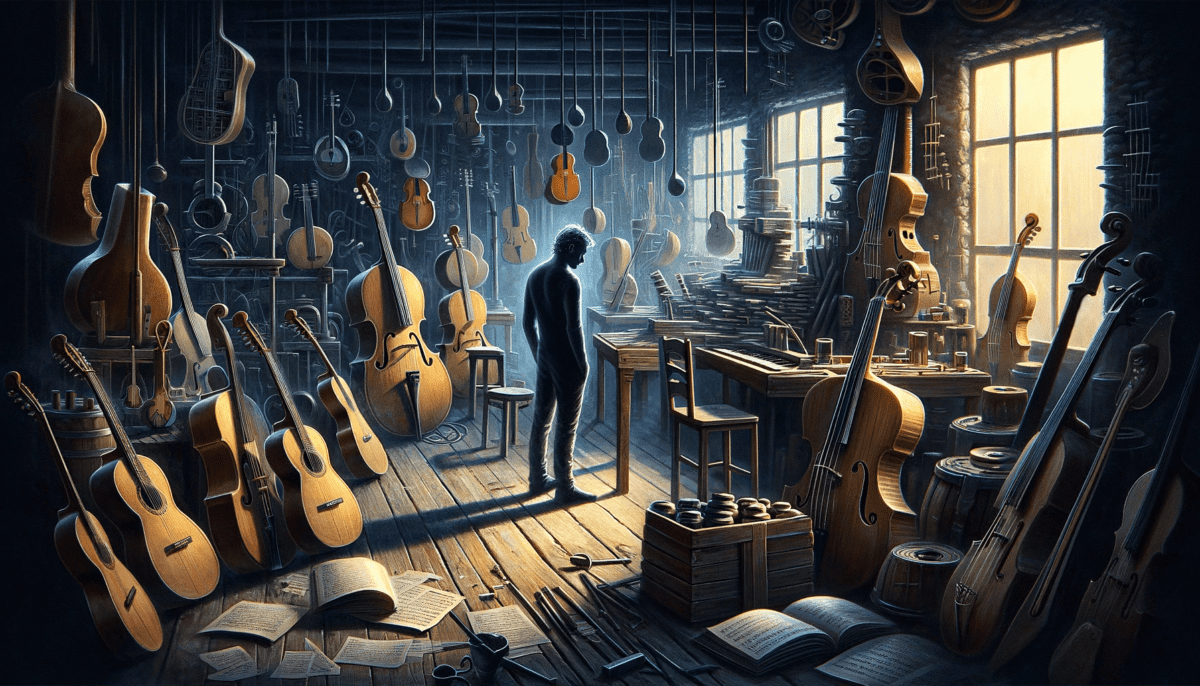

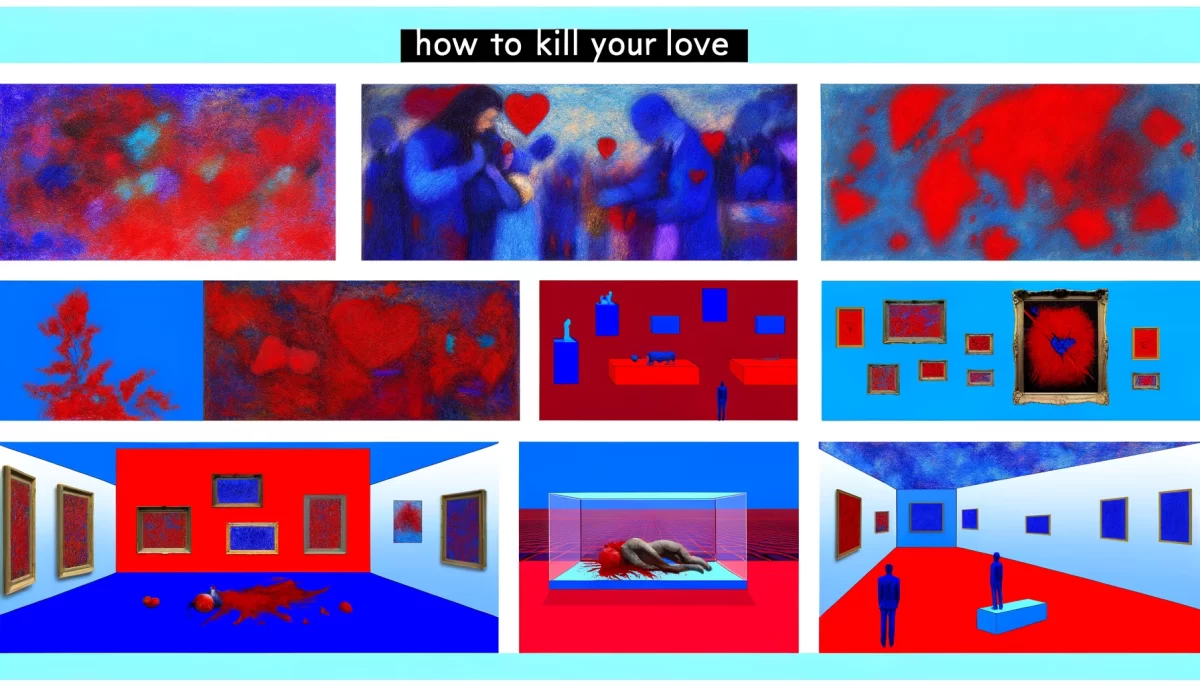
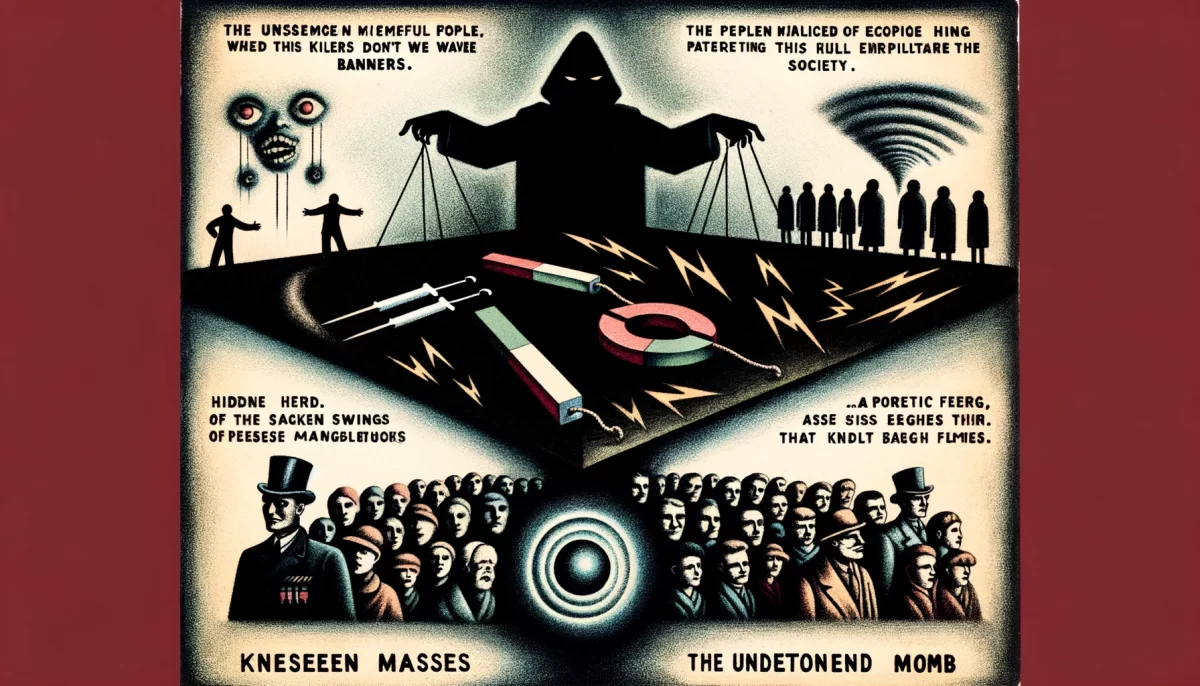
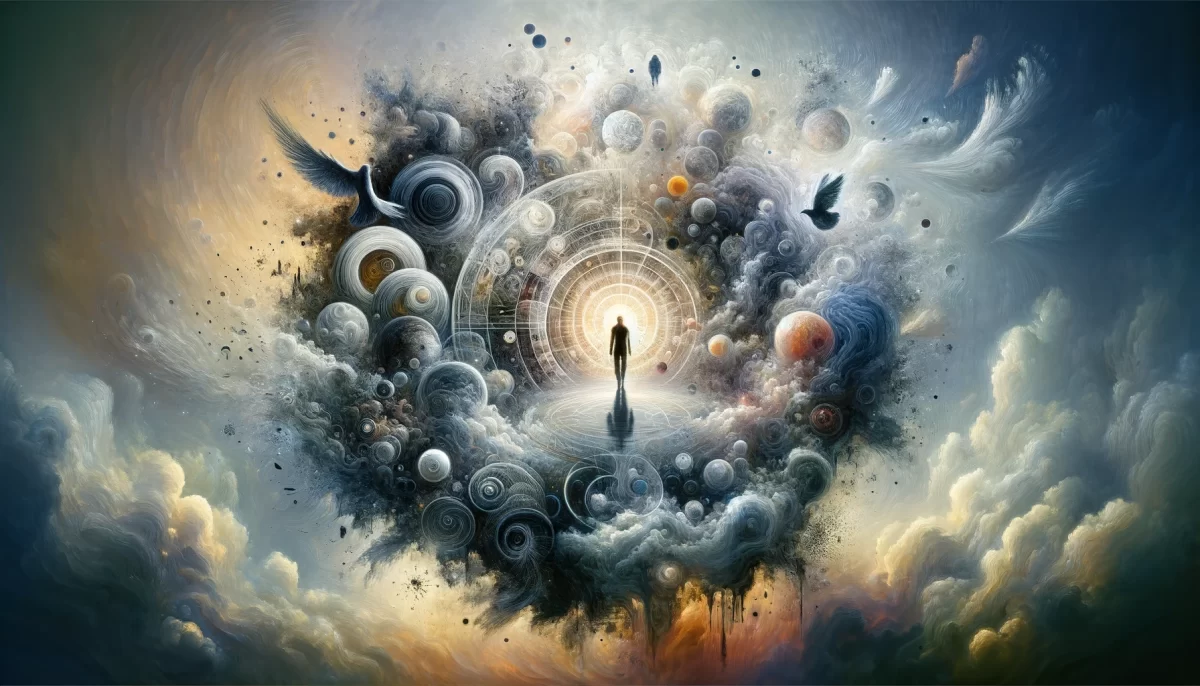
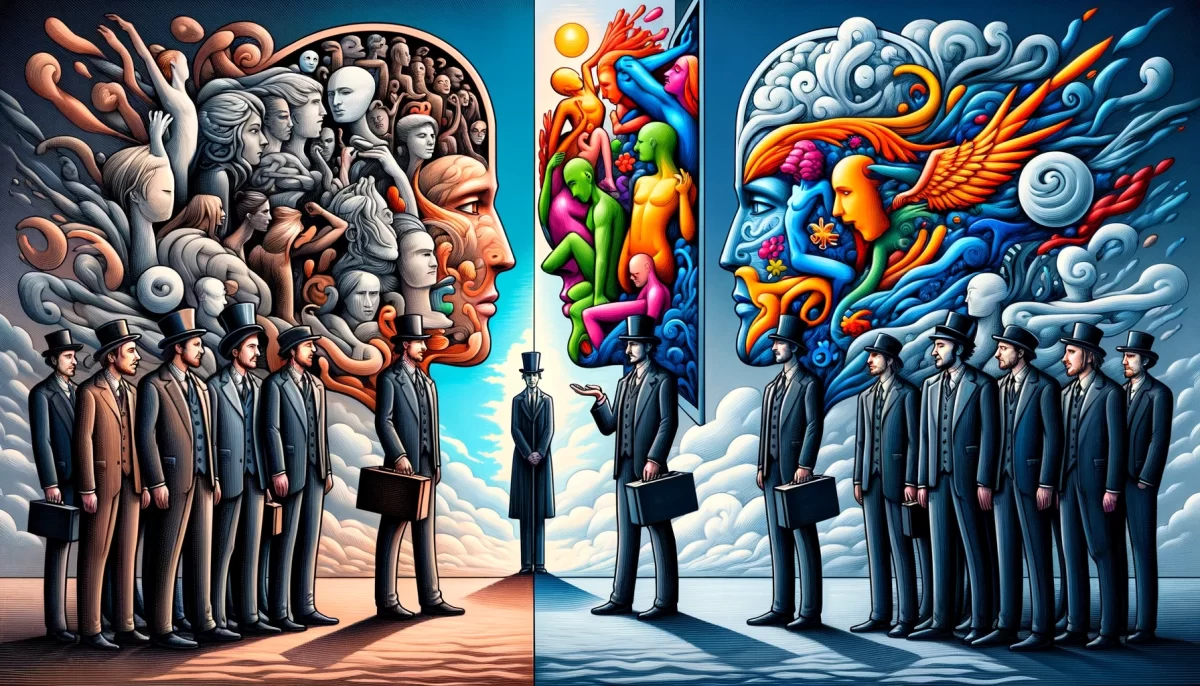

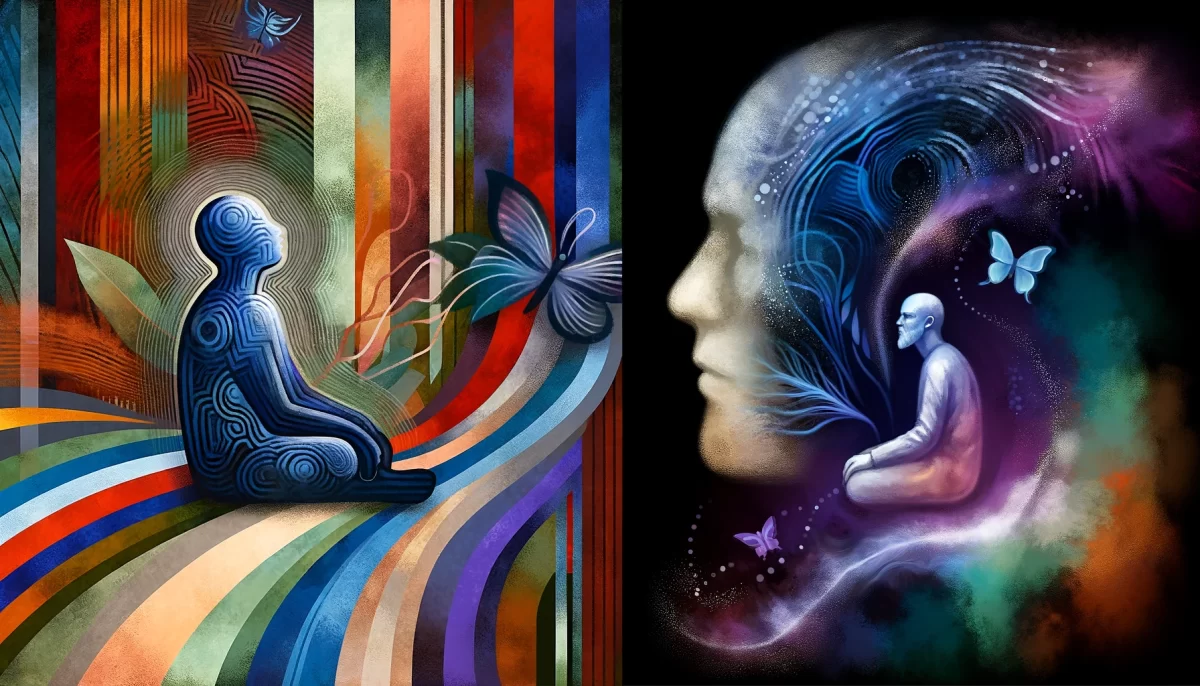
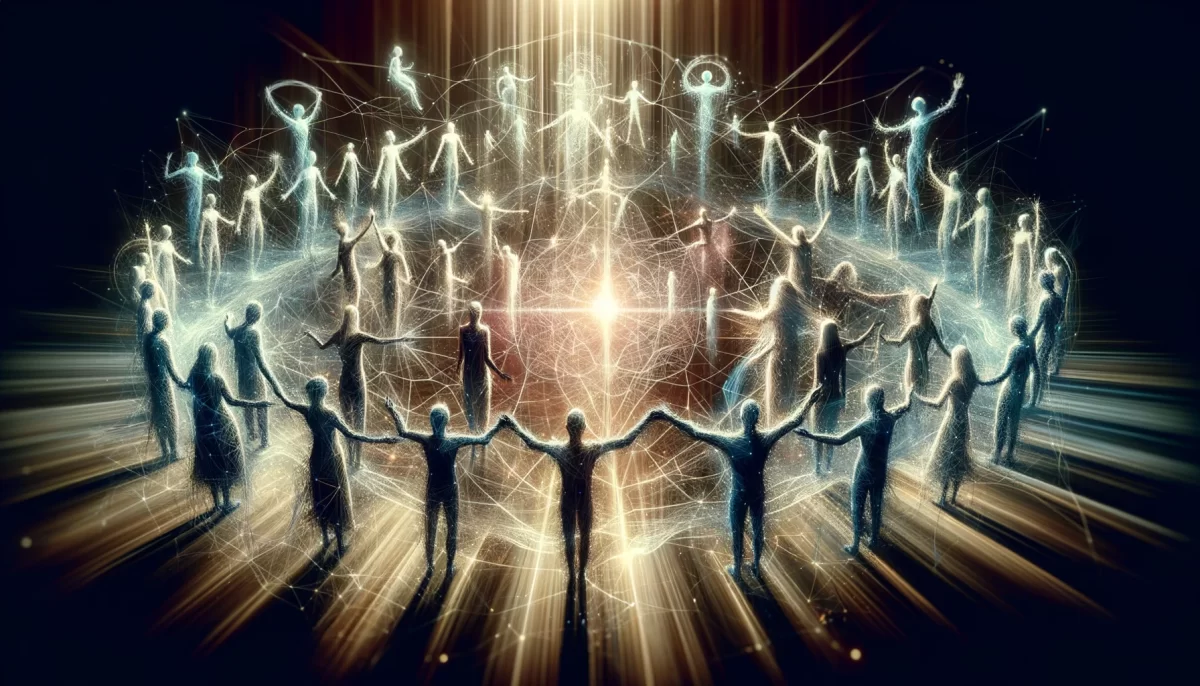
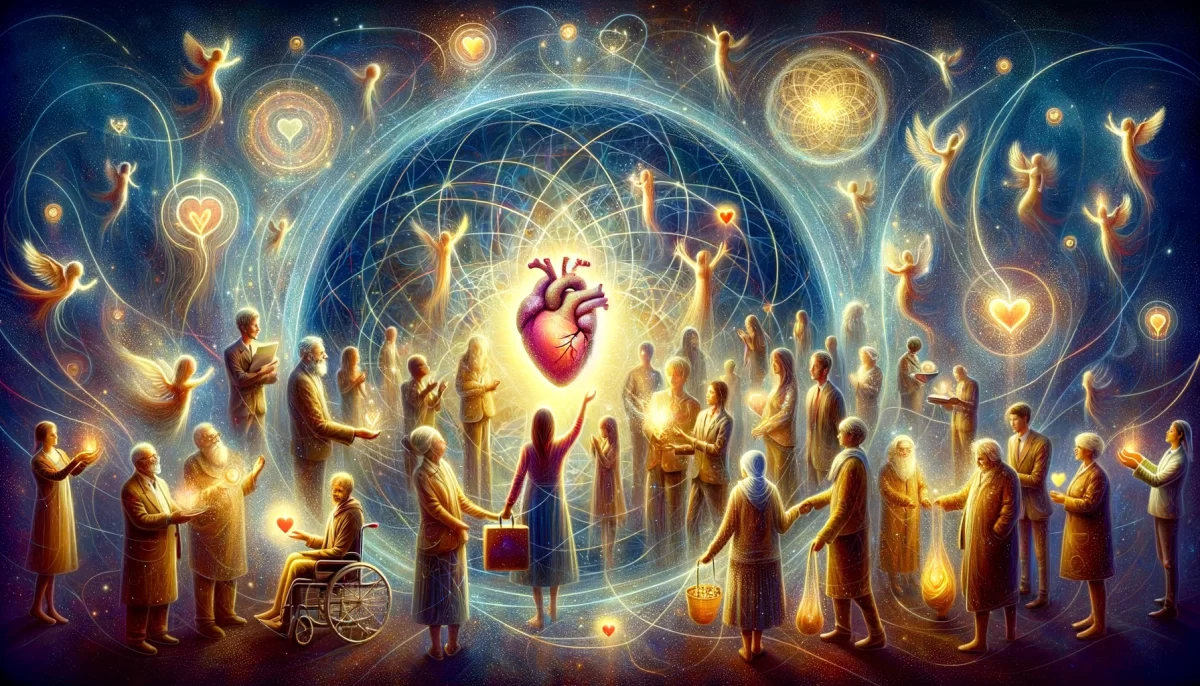
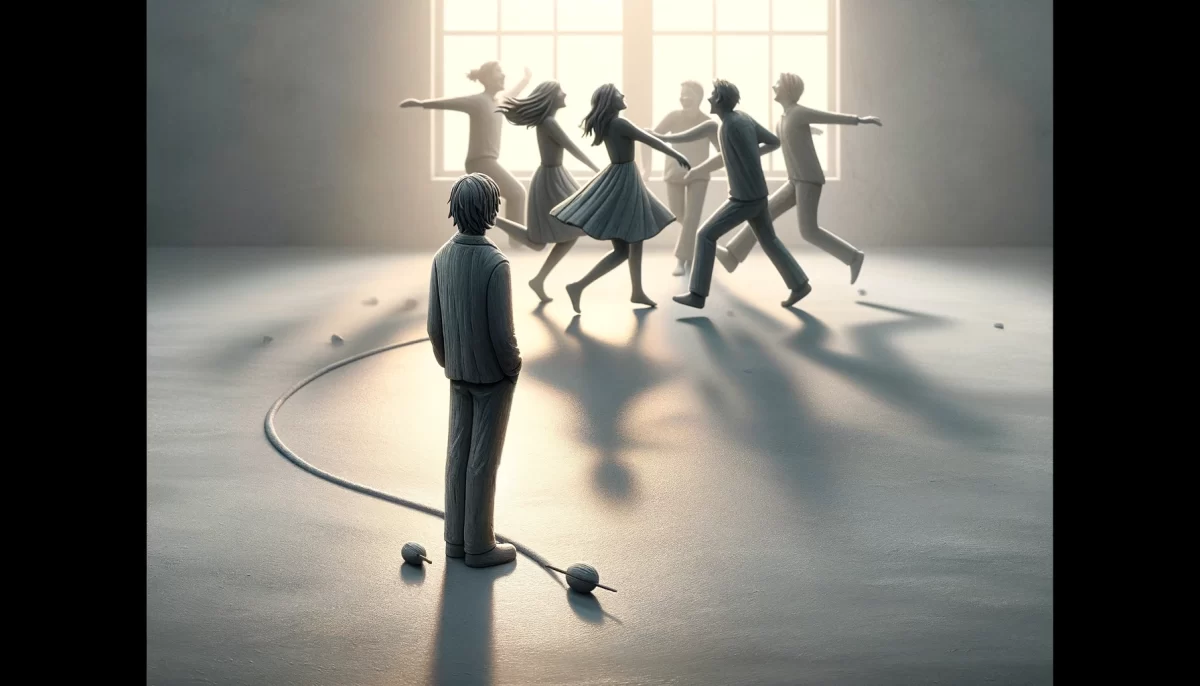
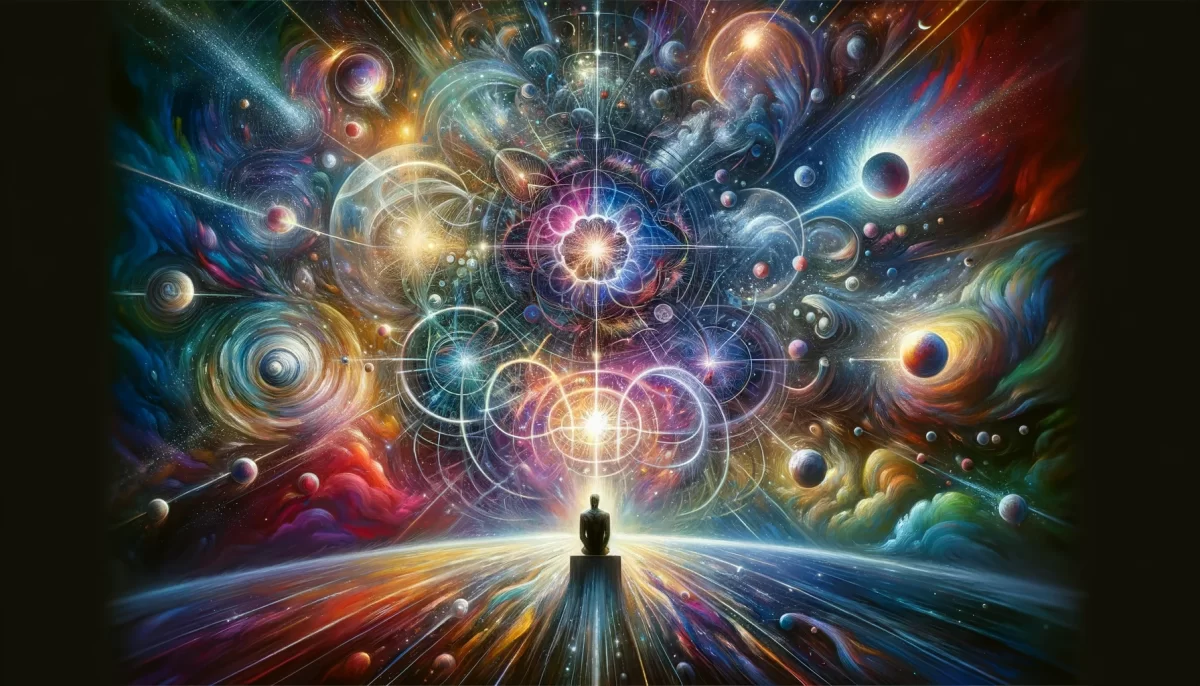

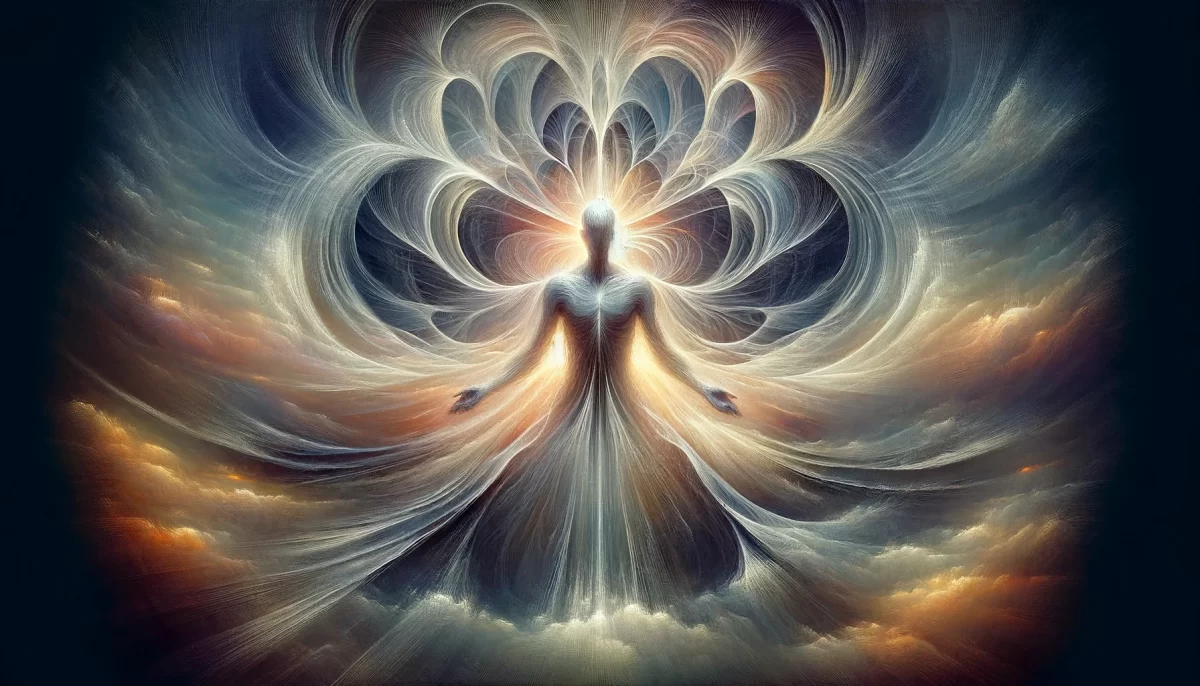
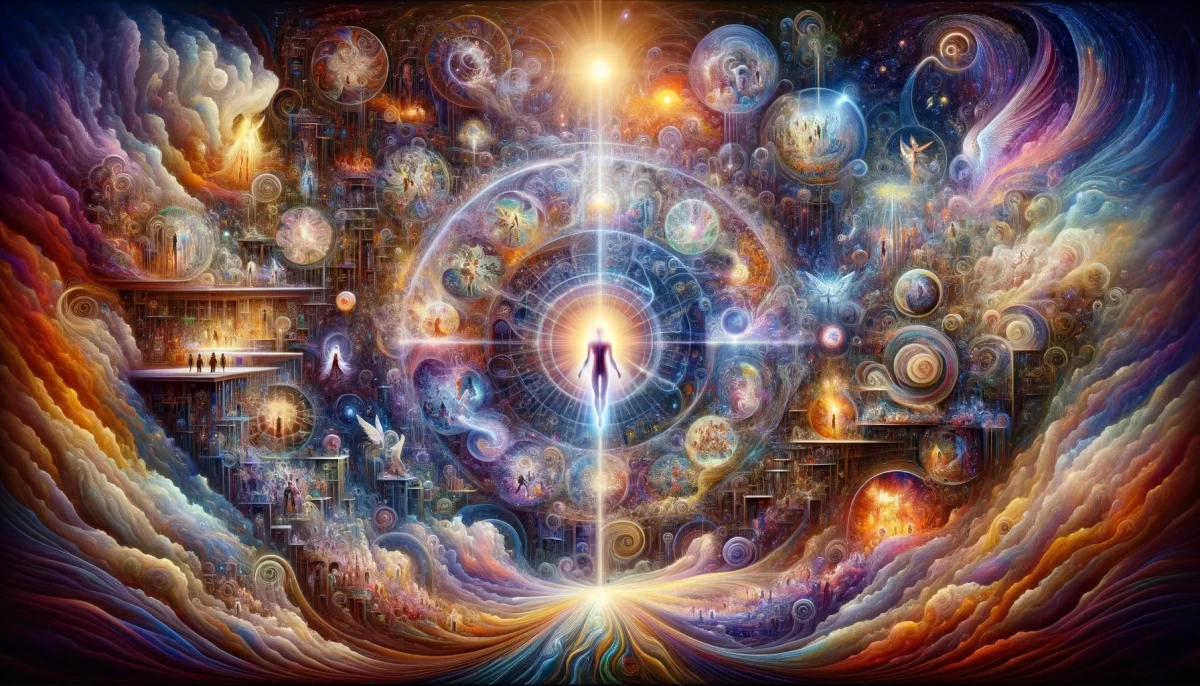
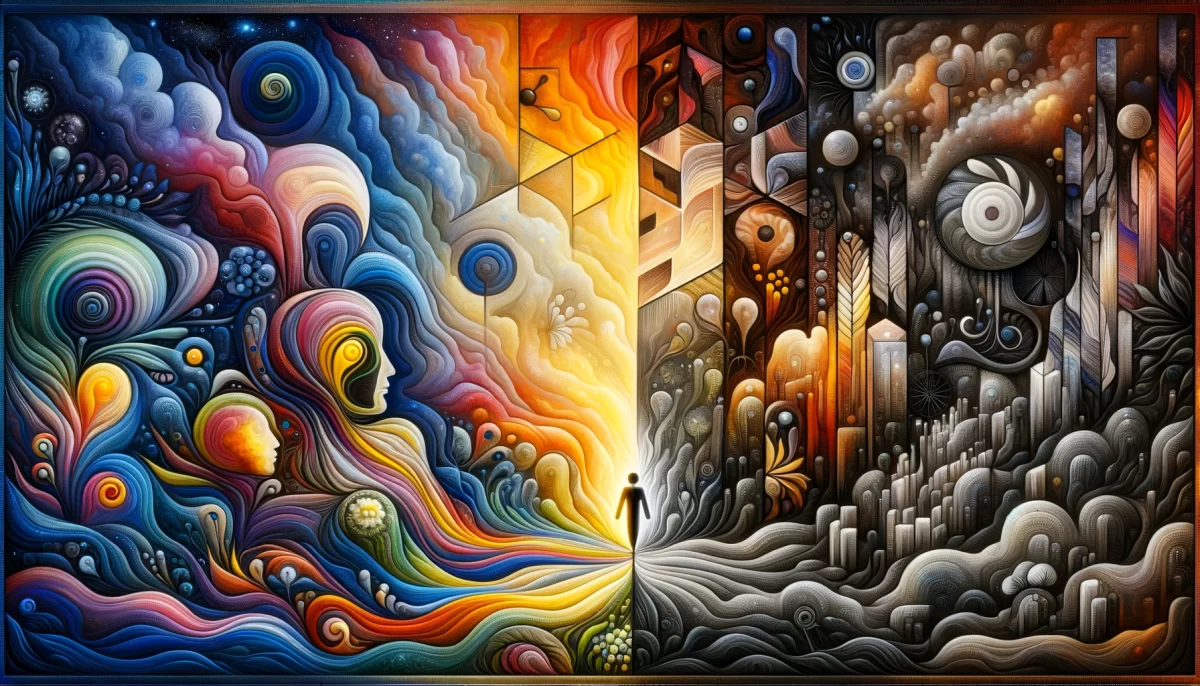
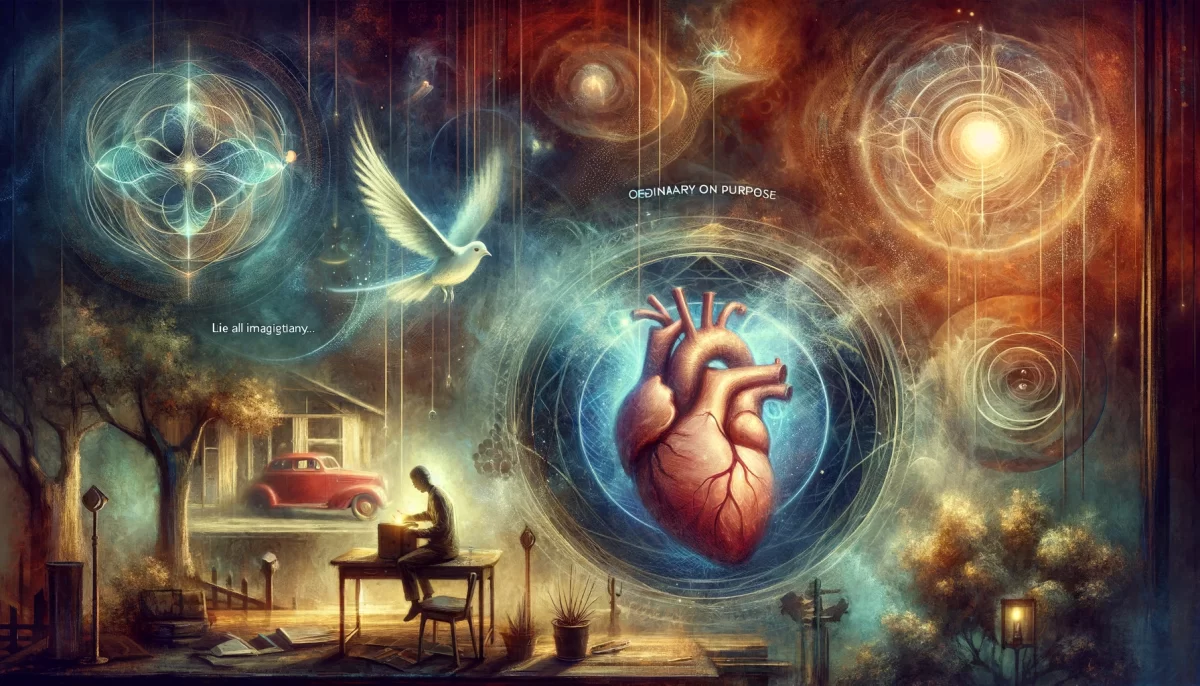
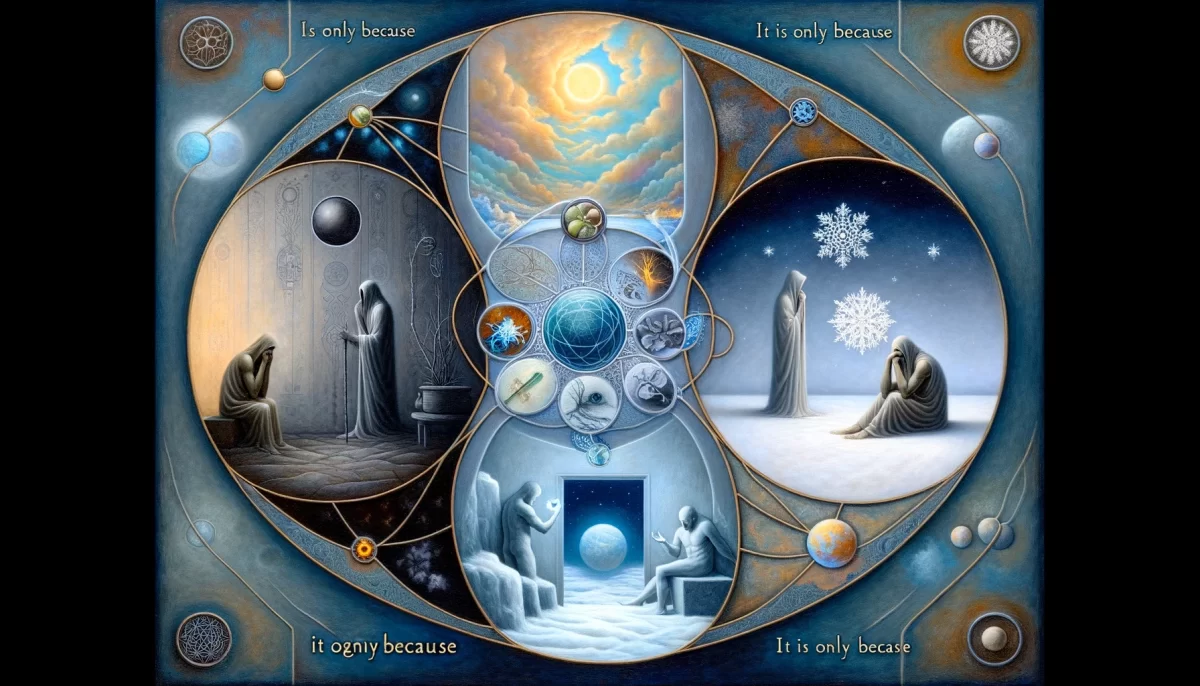
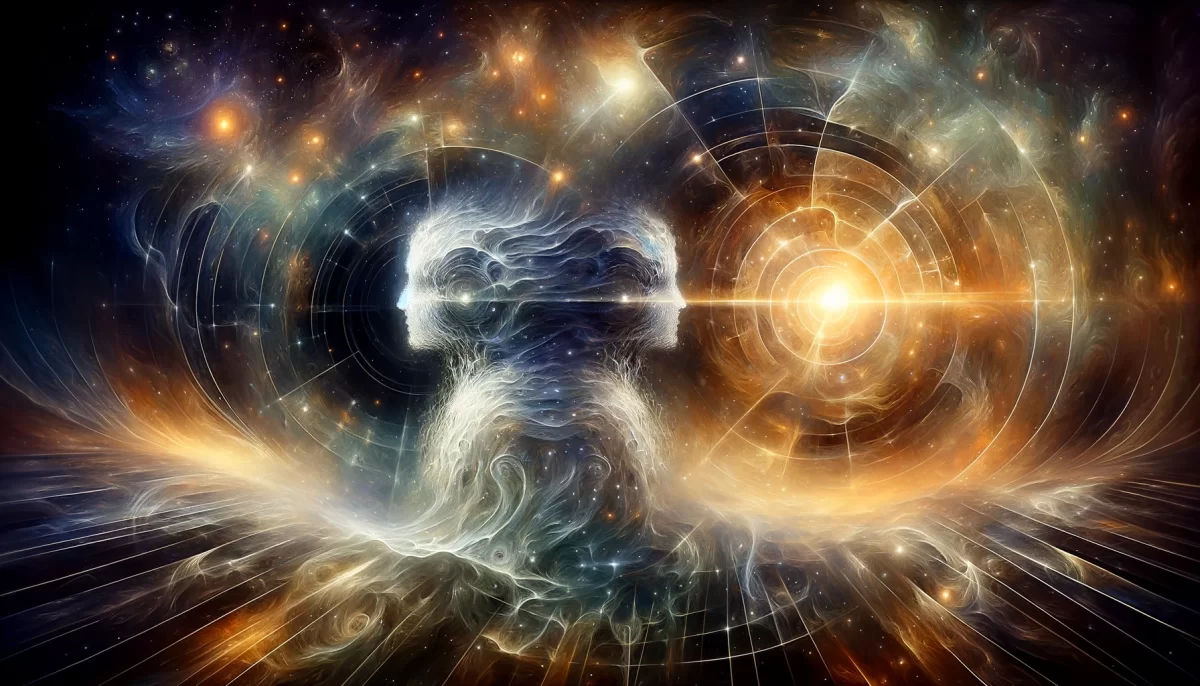
Leave a Reply